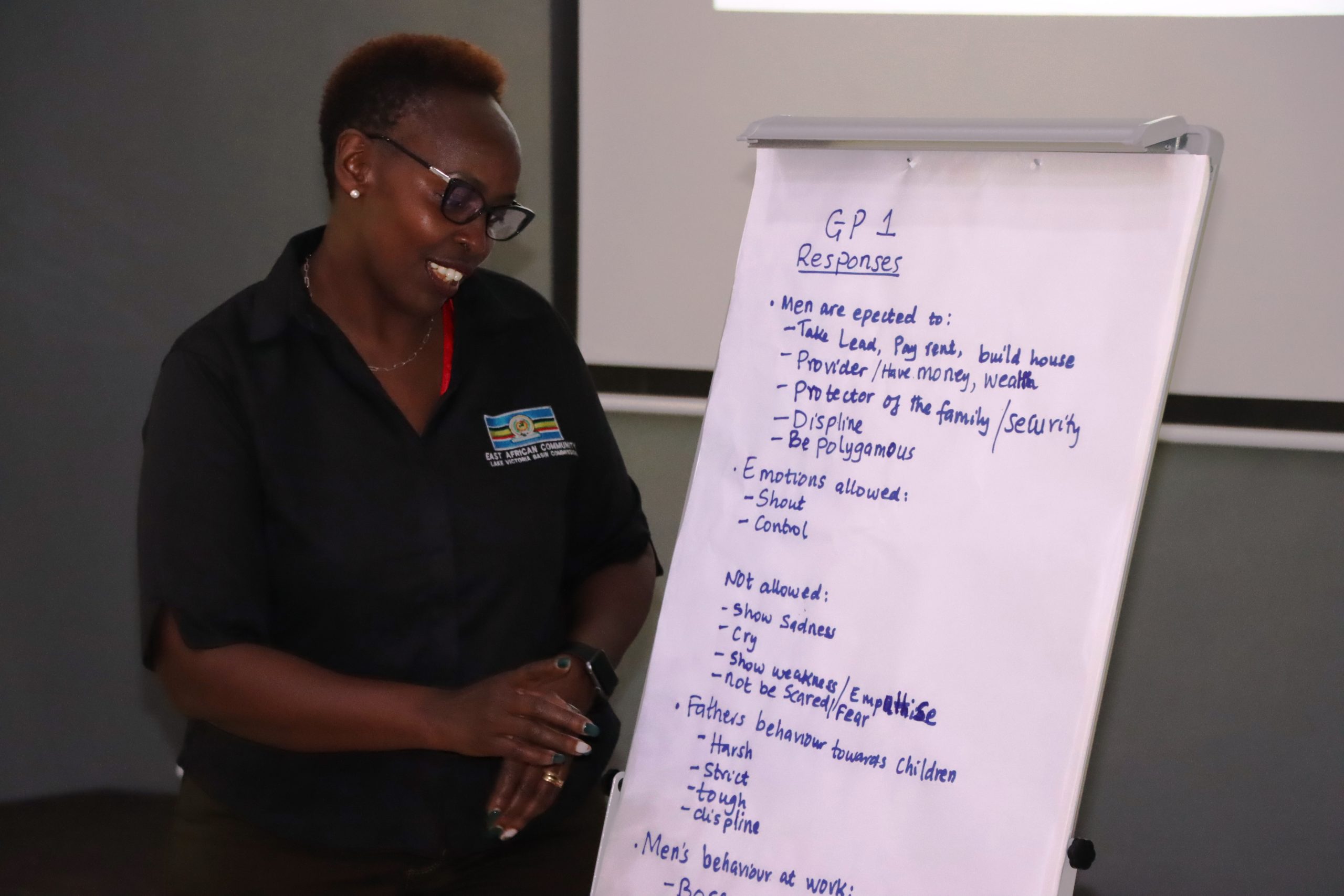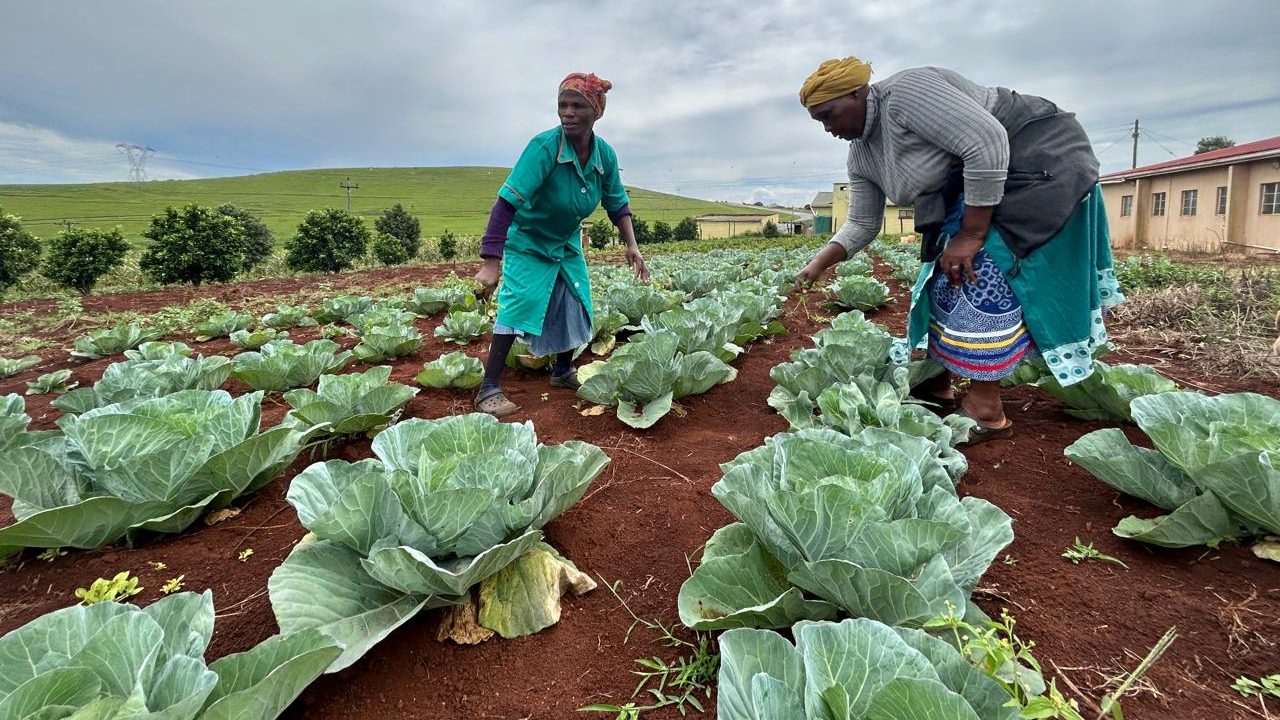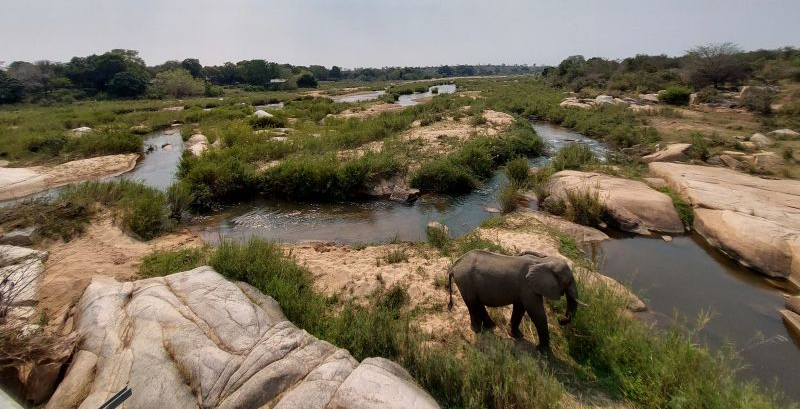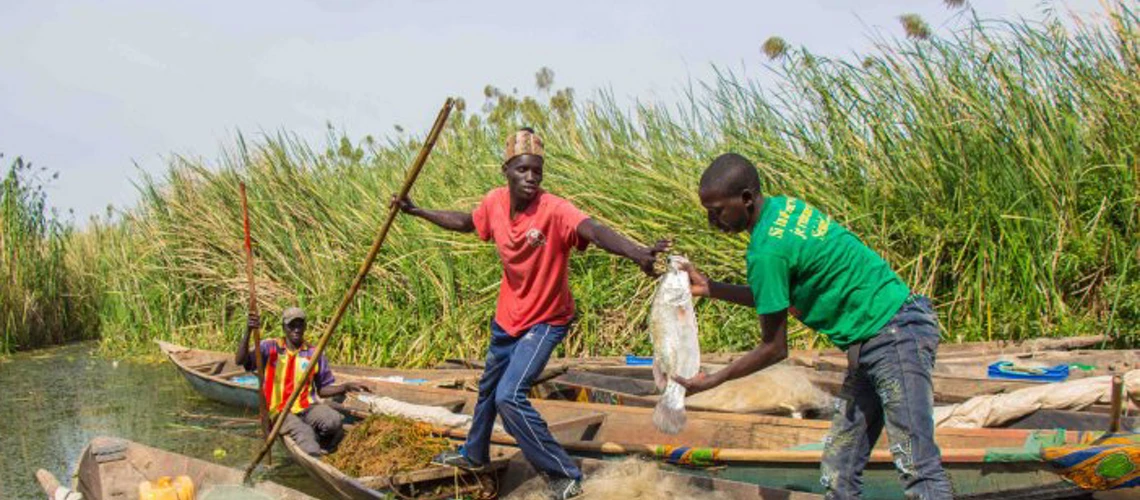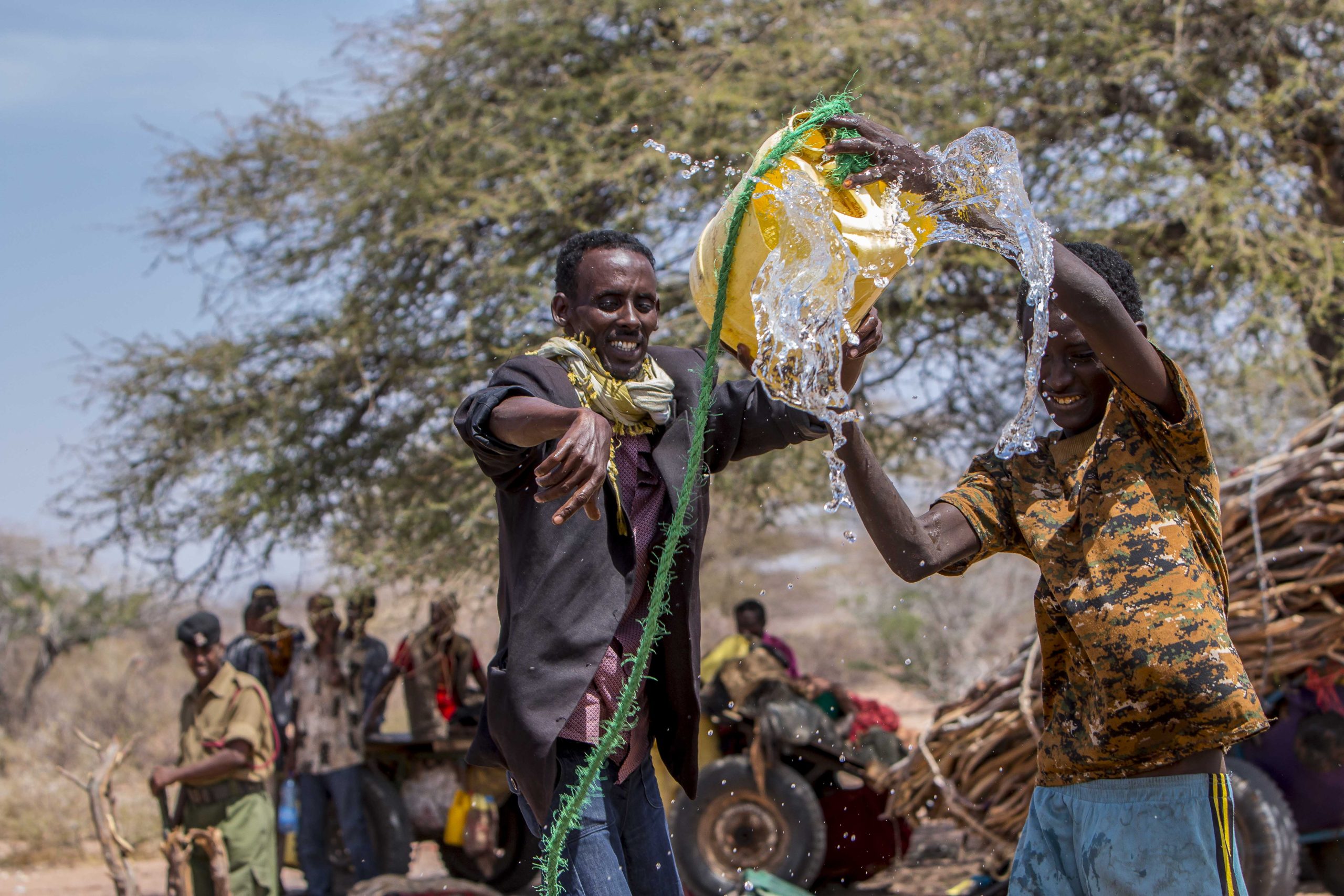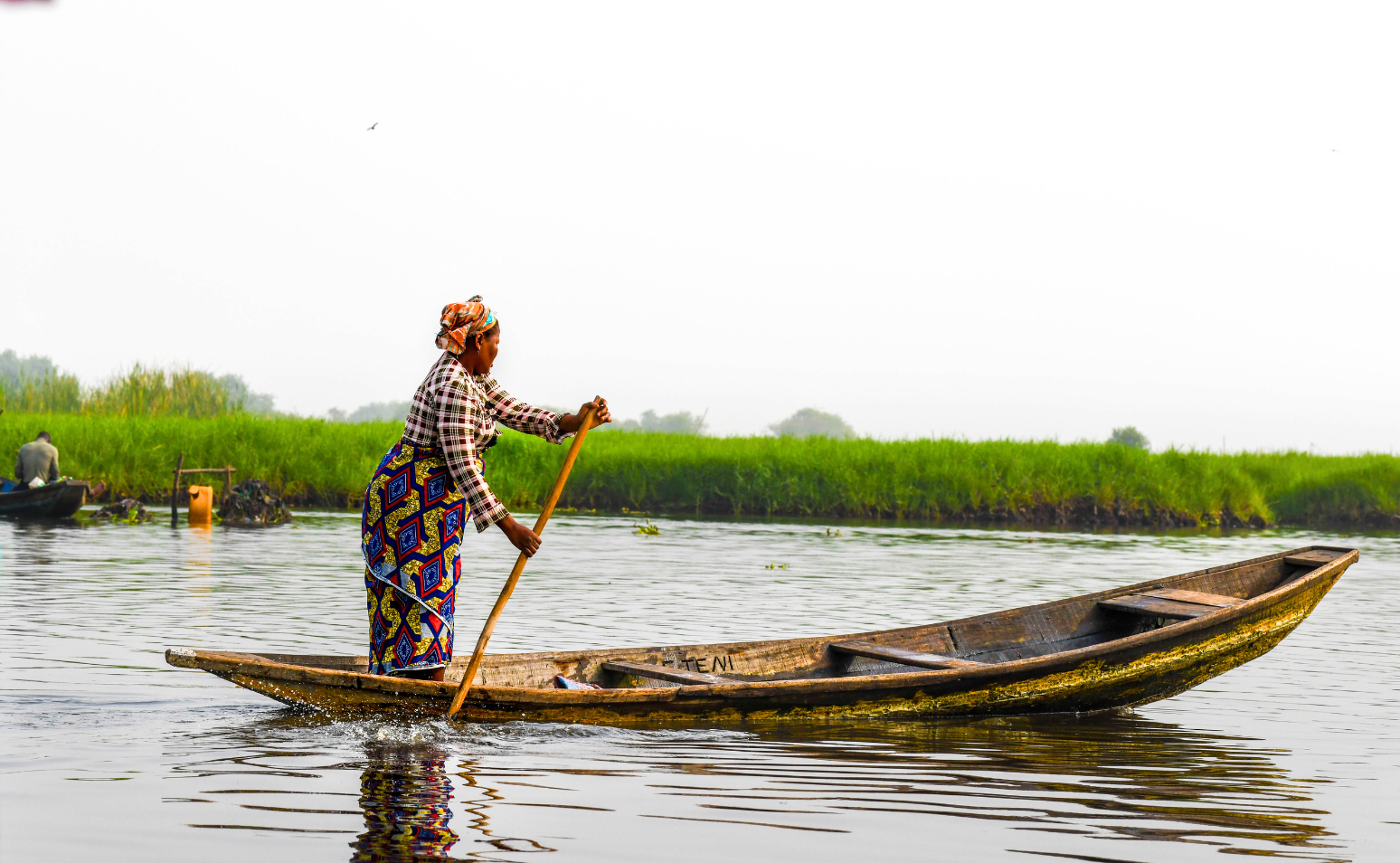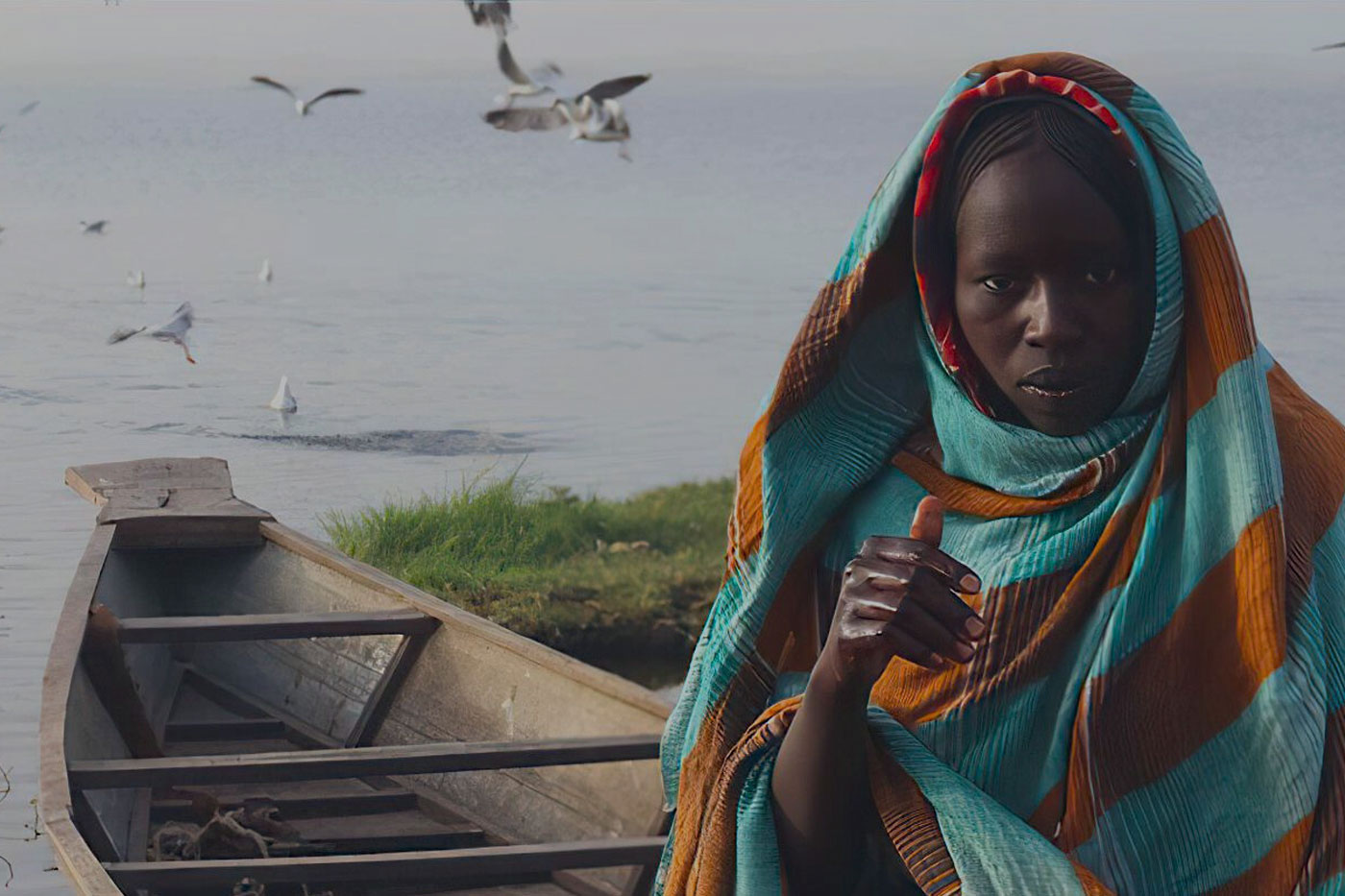Promoting a Gender-transformative Approach in the Transboundary Water Sector
Posted in : Blog on 16 July 2024
Focus on trainings conducted by the CIWA Program on how to foster gender-transformative approaches in the male-dominated transboundary water management sector.
Mfundo Macanda: Developing climate- smart agriculture in the Eastern Cape
Posted in : Blog on 15 May 2024
To develop inclusive and sustainable agriculture, the Eastern Cape Provincial Government turned to the World Bank and SADRI, a CIWA technical assistance that addressed cross- border drought risks, improved cooperation, and created a holistic vision of drought-risk management throughout Southern Africa.
Eddie Riddell: Improving livelihoods in Southern Africa
Posted in : A View From The Field on 16 April 2024
The Pafuri-Sengwe Node of GLTFCA spans regions in three countries— Mozambique, South Africa, and Zimbabwe. The area is rich in bird species and big game such as elephants, and ecotourism is a major source of income. Pafuri-Sengwe encompasses the Limpopo River, whose seasonality limits livelihoods and leads to water and food insecurity for those living […]
Agreements hold water: Reasons to scale up transboundary cooperation—now!
Posted in : Blog on 22 March 2024
Whenever stakeholders come together to manage shared lakes, aquifers, and rivers, they forge trust, collaborative frameworks, and mutual benefits beyond these that contribute to peace and stability.
Digging deep: Groundwater in the Horn of Africa’s fragile borderlands
Posted in : Blog on 21 March 2024
In the conflict-prone borderlands of Ethiopia, Kenya, Somalia, and South Sudan, The Horn of Africa Groundwater for Resilience Project is an ambitious operation to increase information on aquifers and the countries’ capacity to manage them and to develop water service delivery infrastructure to enhance drought resilience of vulnerable populations.
Glass half full: An equal share for women in decisions on 60% of the world’s freshwater
Posted in : Blog on 3 March 2024
Since 2020, CIWA has accelerated its own efforts to foster gender equality within the transboundary water context in sub-Saharan Africa. Discover how the program emerged as a pioneering leader.
Sahel region: Access to water for women-led farming is a win for communities
Posted in : A View From The Field on 26 February 2024
Abibata worked on a CIWA project in 2021 to uncover the challenges of access to groundwater for irrigation by farmers in the Sahel, focusing on the constraints that women in Burkina Faso face when deploying groundwater irrigation. Read her story.
Uncovering the socio-economic potential of Groundwater-dependent Ecosystems in the Sahel
Posted in : Latest on 13 December 2023
In the Sahel region, where water resources are mostly underground, groundwater-dependent ecosystems (GDEs) are important lifelines for communities, around which a multitude of social interactions and economic activities develop. Healthy ecosystems are key for livelihoods and economies. GDEs provide direct goods and services to humans including fish, livestock, plants, medicines, timber, and water storage and […]
The Cooperation in International Waters in Africa Releases its 2023 Annual Report
Posted in : Blog on 11 December 2023
Africa’s water resources are a huge opportunity to harness for economic growth. CIWA strives to do its just-released Annual Report 2023—Water Knows No Boundaries: For a climate-resilient and peaceful Africa.
Harnessing the Potential of Groundwater to Enhance Pastoral Productivity in the Sahel
Posted in : Latest on 15 November 2023
Pastoralism is a major economic and livelihood pillar in the Sahel region, where more than 20 million people rear livestock to support their families. The livestock sector contributes 15 percent of the region’s gross domestic product (GDP), but pastoralists are extremely vulnerable to climate uncertainty and water scarcity because of their itinerant lifestyle and the […]



